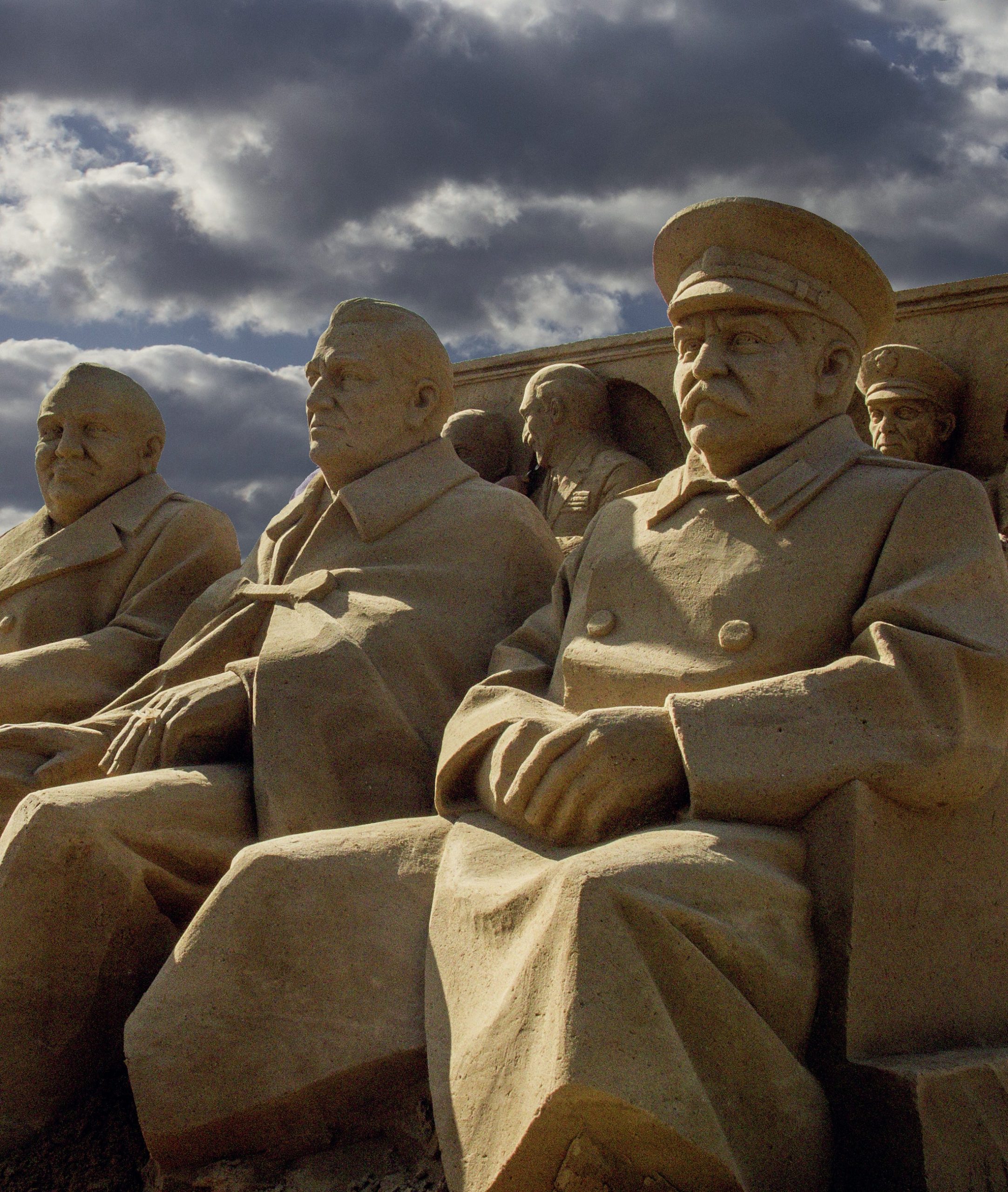
The First World War was followed by a grand conference and treaty signed at Versailles in 1919. The nearest equivalent after the Second World War was the Yalta agreement. The conference that drew it up was held from 4–11 February 1945 near Yalta in the Crimea. Churchill, Roosevelt and Stalin headed their national delegations and the atmosphere continued the positive, even warm, business-like relationship which had emerged in earlier summits.
The main reason for holding it was that allied armies were hurtling towards Berlin and German defeat was certain. In the Far East, the situation was less clear cut. American forces had been island-hopping across the Pacific and were nearing the Japanese home islands themselves. The ferocity of the fighting had led to nervousness in US high command at the possibly elevated casualty count (‘the butcher’s bill’), which invading Japan itself would entail.
Your organisation does not have access to this article.
Sign up today to give your students the edge they need to achieve their best grades with subject expertise
Subscribe




